The overcast weather has everybody in Greece complaining, but it was just fine for us last weekend. Our plan was to visit Nafplio and clean the road beneath Anatoli, a really nice new crag on the outskirts of town. Then, on Sunday afternoon we were invited to participate in a conference about alternative forms of tourism in Greece. And Nafplio being, well, Nafplio, we even got a bit of climbing in, despite the ominous weather forecast for the weekend.
The Cleanup
Sector Anatoli could not have asked for a more ideal location. It overlooks the sparkling waters and golden sand of Karathona—arguably Nafplio’s best beach—while the cliffs are easily accessible by car and there is ample, safe parking on the dead-end road below. Which is also buried under a perpetual mountain of trash.
Cleaning the road beneath sector Anatoli was our second attempt at organizing a volunteer cleanup. As with our previous effort, only a small group of volunteers turned up, even though the event was sufficiently publicized on the social media. (In addition, there was a last-minute cancellation due to the weather by the approx. 20 volunteers from the EOS Acharnon Alpine Club in Athens who were planning to help.) The makeup of the volunteer group at each event was noticeably similar, too. In Kalymnos, at least half of the volunteers were non-Greek, and of the Greeks, almost nobody was local. Similarly, in Nafplio, almost half of the volunteers were non-Greeks living in Nafplio, and of the Greeks, nobody was local (half of us came from Athens, the rest from “rival” Leonidio).
What’s wrong with this picture?
On to the makeup of the garbage itself. Again, we were faced with a surreal assortment of weird, large or heavy items that people deliberately hauled and discarded there; it wasn’t stuff that Greeks all too casually toss out their car window. For example, we found: a ceramic toilet bowl; a halogen space heater; dozens of books in French about religion, the middle ages and “la vie profonde” (oh, the irony); a bunch of teddy bears; several large pieces of plastic gutter pipes, broken bricks and bags of cement; a junky suitcase filled with old clothing; and, of course, piles of the usual suspects (beer bottles, used condoms and wrappers, deep layers of plastic bottles, and endless “biodegradable” plastic bags, the already-biodegraded bits of which were blowing in the wind). A lot of the garbage was so rotted that it had become encrusted into the soil, making it impossible to remove even with a rake.
For the record, we filled 47 big bags with trash. The rest, too big to fit in bags, was gathered in neat piles at the end of the road. All that’s left now for the municipality is to send the truck they promised to collect the trash.
Fully aware that it’s just a matter of time until the garbage piles up again, it’s hard to feel good about our volunteer cleanup. Besides the pleasure of spending time with like-minded people, the only feeling left is frustration, disappointment and anger at our complete lack of environmental awareness and our utter disrespect for this beautiful little part of the planet. And we are not hopeful that this will change anytime soon. But to resign oneself to passivity is no solution, either. So do what you can, people.
The Conference
After the cleanup on Sunday, we went straight to the Conference on Agritourism, Gastrotourism & Alternative Tourism in Greece. Sports Tourism is on the rise throughout the country, though still largely ignored by the local communities. Aris was invited to talk about the “case study” of Kalymnos, the climbing potential of Nafplio, and the proper ways to develop climbing tourism in Greece. He also tried to bring home the message about sustainability and respecting the environment. Hopefully somebody was listening.
________
Many thanks to: Maria Ungureanu, Christos Rigas, Vlasis Lapatas, the Metaxotos Family (Eleni, Yannis and Iakovos), Sabine Fritz, little Julia, Hermann Stahnke, Nadine Strobl.
Bags and gloves for the cleanup provided by Climb Greece and Maria Ungureanu. Rakes provided by Maria Ungureanu and Christos Rigas.




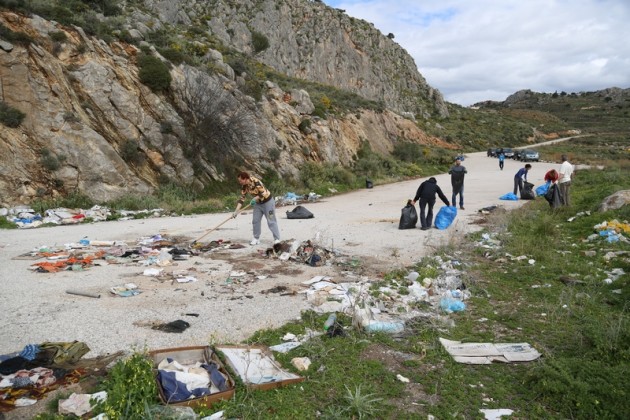
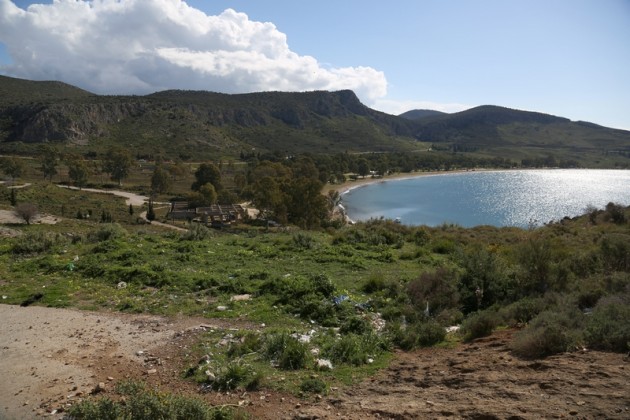
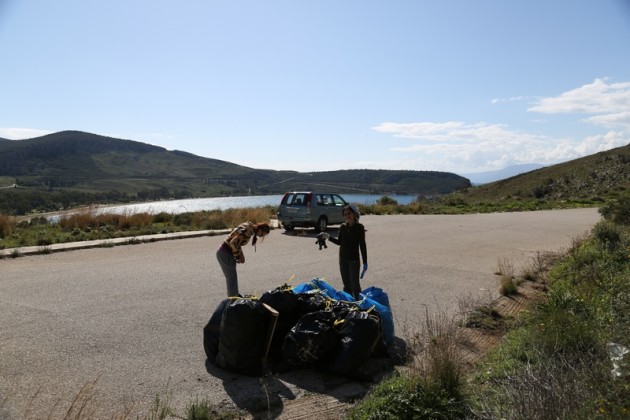
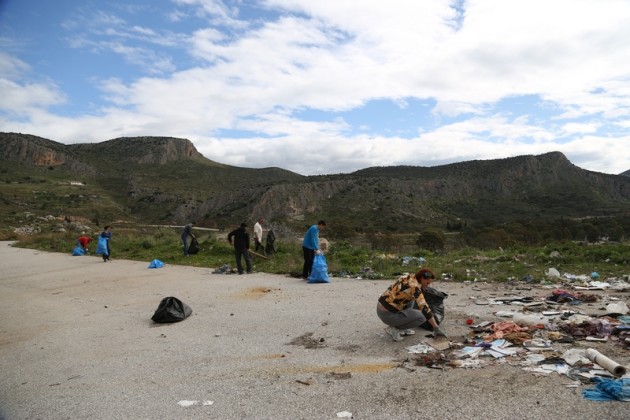
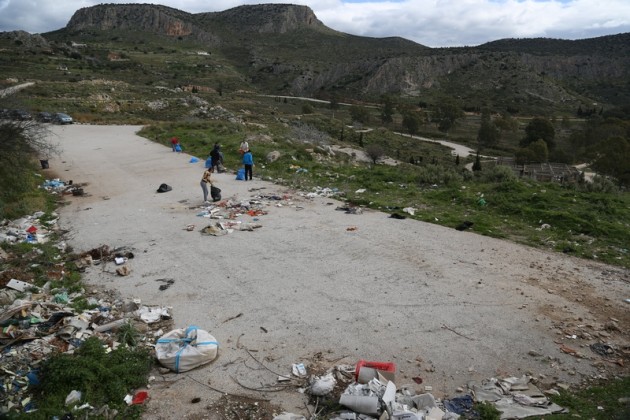
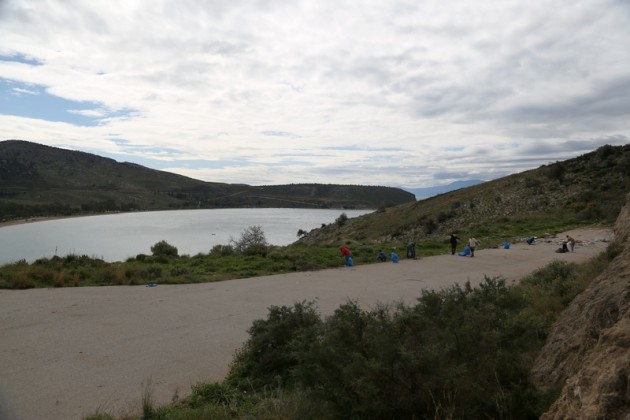
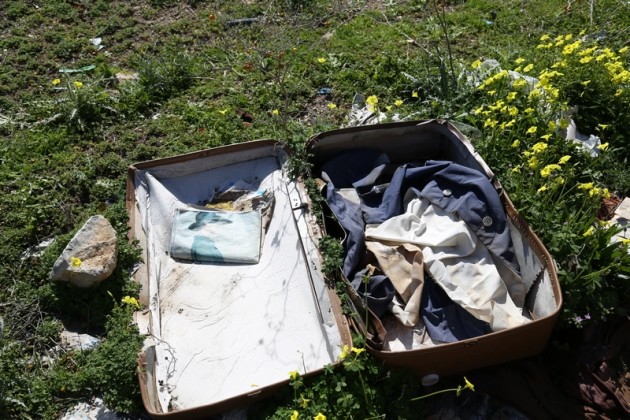
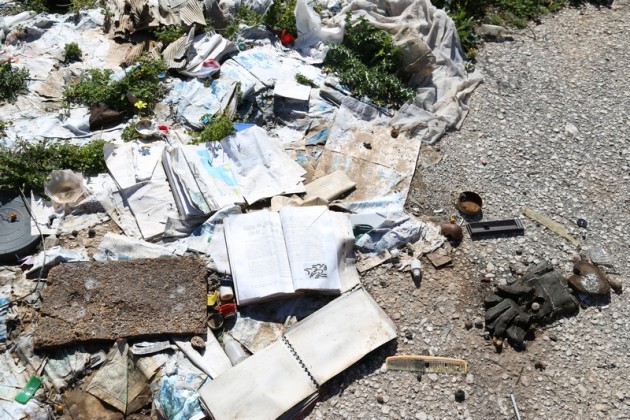
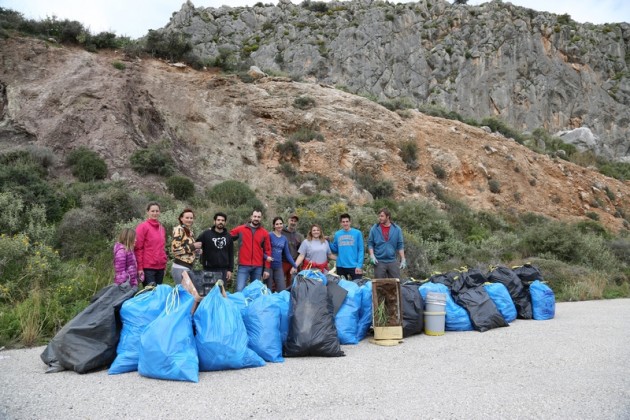
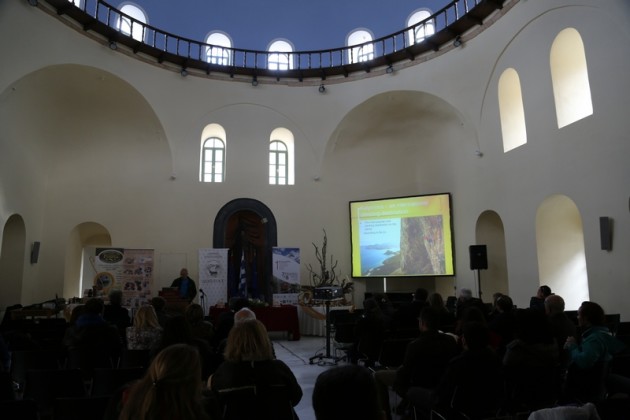
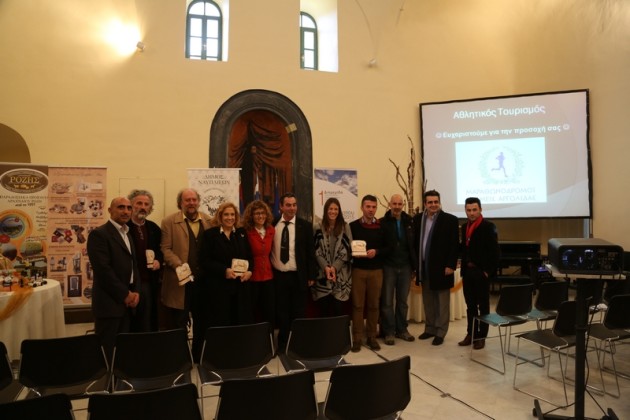
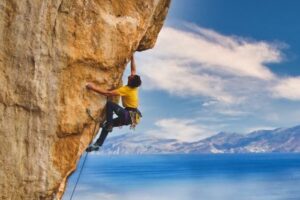
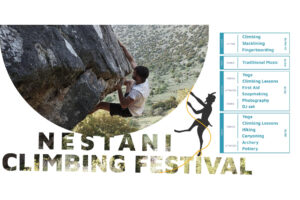
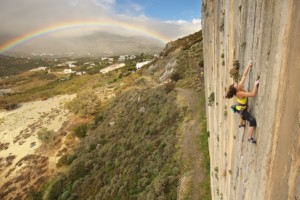
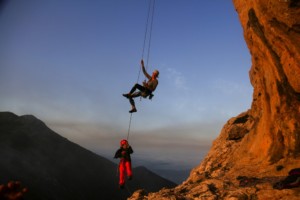

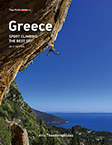
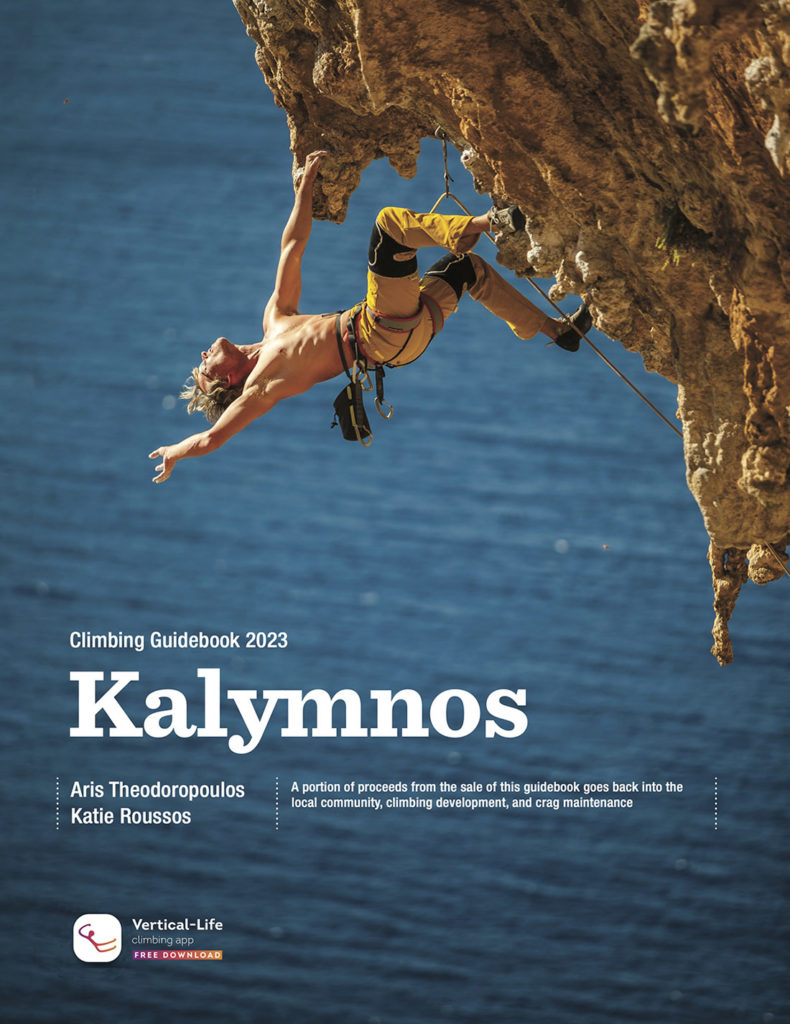
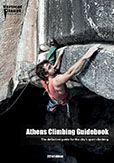

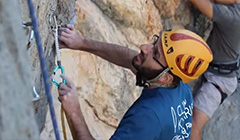
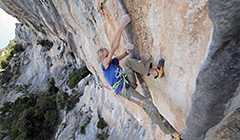
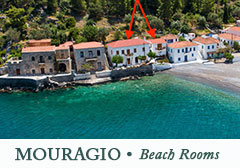
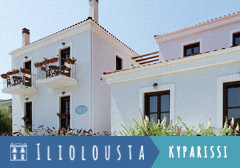

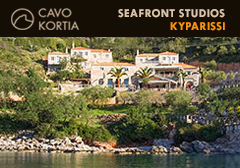
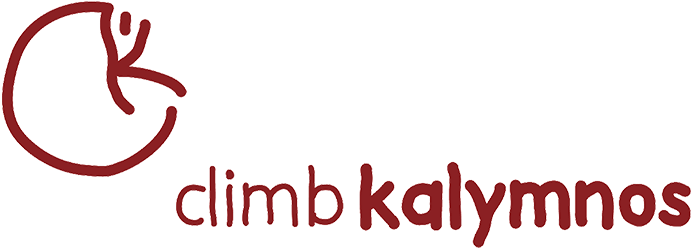

4 Comments
Michael Schreiber
excellent job guys. poly oreia.
efjaristoume for your effort and time.
Chloe S
Could the municipality not place a few bins at the end of the road? It may not solve the problem 100% (some people just will not use the bins) but it looks like there is plenty of space.
Dimi
Hi there, thanks for your time and effort guys! I’m a local, living in Nafplio and would love to help out. Unfortunately I didn’t know beforehand that someone would do such a lovely, caring thing. I’d be more than happy to organize a small local group next time you come here. Please e-mail me, and thanks again!!
Jani
Unfortunatelly the amount of trash that is produced by “civilization” today, by far exceeds the system’s ability to handle it. Making it “go away” so people will “not see it” or believe in some magical method of recycling which turns an old plastic bottle in to a new one with zero environmental cost (some people say elfs are doing this job when they are not helping santa claus), is just a way that people will not feel guilty about the trash.
The only solution to save -not only greece- but earth itself is to stop producing the garbage. Do not accept plastic bags, bottles and other kinds of containers. They don’t magically go away if you put some bins in selected locations…
Better make the people aware of such facts, like ie, that a plastic one-time use cup is not a sign of “civilization” but instead a sign of irresponsibility.